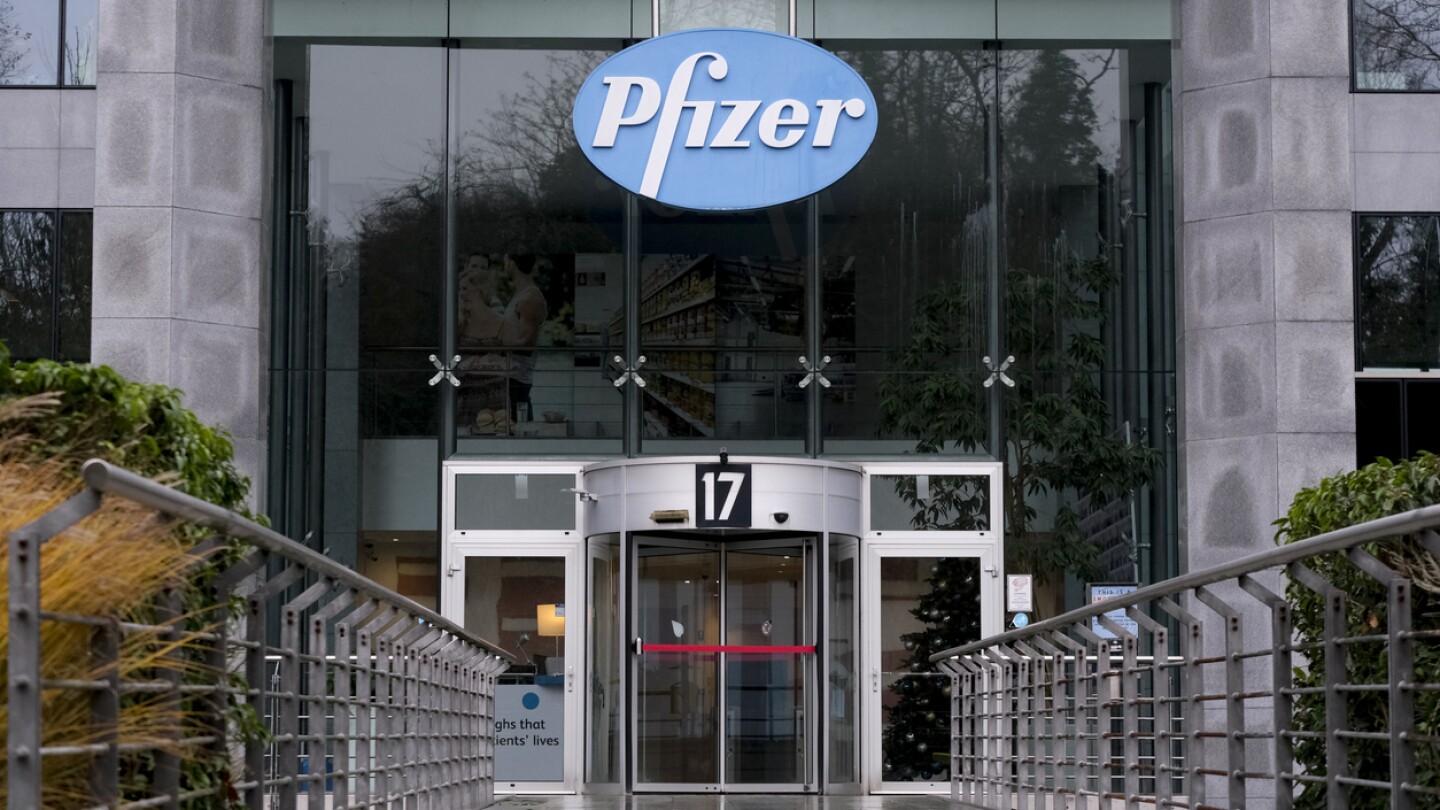News
Drug candidates don’t usually move among Big Pharma, but these five biotechs helped facilitate such hand-offs, scooping up assets from one pharma on the cheap before being bought out for billions by another.
FEATURED STORIES
M&A is back, the S&P XBI is rising again, a biotech pulled off an IPO and positive data is pulling in investors again. This may just be the industry’s new normal.
AI is changing the nature of leadership in biopharma. Here’s how executives can not only adapt, but lead the way.
The company cut back in areas while investing in internal and external opportunities to offset the loss of exclusivity on a product that until recently accounted for 20% of innovative medicine sales.
Job Trends
For the first eight months of 2024, California had the most job postings live on BioSpace—37.7% more than Massachusetts. Last year, Massachusetts ranked No.1 for the same time period.
FROM OUR EDITORS
Read our takes on the biggest stories happening in the industry.
Nearly 90% of senior leaders who were at the FDA a year ago are no longer with the agency, a BioSpace analysis shows. None remain from the Office of the Commissioner.
THE LATEST
A new generation of companies is eyeing the existing, sizeable hair loss market, hoping that better formulations and new scientific targets will finally produce treatments that are safer and more effective, as well as commercially successful.
After a bidding war erupted between Pfizer and Novo Nordisk over the fledgling obesity drugmaker, Metsera sided with its original suitor in a final agreement announced late Friday evening.
During a press conference to announce a drug price deal for GLP-1s, President Donald Trump asked for more details about the ongoing bidding war between Novo Nordisk and Pfizer over obesity biotech Metsera.
Following restricted vaccine approvals and changes to CDC immunization schedules, Merck, Pfizer, GSK and Sanofi are all suffering revenue hits to their vaccine programs.
The Phase III results impressed Guggenheim Partners analysts both in terms of efficacy and safety. If approved, atacicept would become the first APRIL/BAFF inhibitor for IgAN to make it to the market.
The FDA previously placed two clinical studies on hold, including the Phase III trial in which the liver toxicity occurred. Intellia is working with experts to create a risk management program for nex-z.
Darzalex Faspro’s approval for smoldering multiple myeloma could allow for earlier intervention and reduce the risk of progression to active disease.
The nausea and other gastrointestinal side effects of weight loss drugs like Novo Nordisk’s Wegovy or Eli Lilly’s Zepbound will limit how much these drugs can help patients and stunt the overall obesity market unless we approach the problem head on.
The FDA awards a second round of Commissioner’s National Priority vouchers to six larger biopharma companies. And this time, with the exception of Eli Lilly’s orforglipron, the vouchers are for drugs that are already on the market.
The agreement will also secure a $150 price for future weight loss pills from Novo Nordisk and Eli Lilly—at least initially.






















